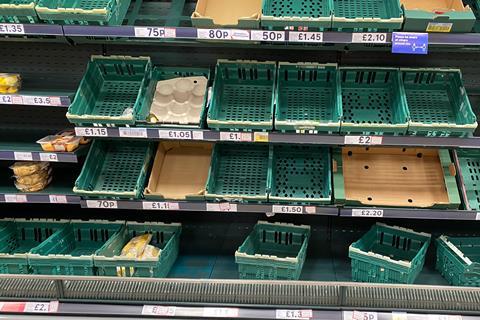
Customer service slumped to its lowest-ever levels in the past year in a reflection of the supply chain disruption that has dogged the industry since the lockdowns ended.
Average customer service scores fell by an unprecedented 10ppts, from 73.1 (out of 100) to 63.1 in the Grocer 33 annual mystery shopping competition, which reached its conclusion at the Grocer Gold Awards last week.
The biggest culprit was availability, with average weekly scores down 41% year on year, but store standards fell 14% and car parking scores were down 12%. Store layout scores (–9%), tills & checkouts (–6%) and shop floor service (–3%) were also all affected.
No one was spared. Waitrose, despite winning the customer service award for the second year running, saw its average score across the 50 weeks fall 10.6ppts, from 79.1 to 68.5. The upmarket retailer had dominated its supermarket rivals in the lockdown that coincided with the previous Grocer 33 year, winning 21 of 50 store of the week awards. This time, it took 16 wins.
“We always aim to provide the best service for our customers, and we’re pleased that this has been recognised for the second year running,” a Waitrose spokesman said. “We’re constantly looking at ways to ensure our customers have an excellent experience.”
The supermarket’s availability score was down from 12 to 6.6 (out of 20), as availability fell from 93.3% to 91.6%. But store standards (down 2.2ppts) also slipped markedly.
The highest fall in customer service scores was recorded by Morrisons, down 11.2 to 59.3, but the lowest customer service scores overall were once again recorded by Asda, with an average score of 57.8 (down 9.6).
Store standards scores were down for every grocer, but Morrisons recorded the sharpest fall (–2.9), followed by Waitrose (–2.2).
Retail expert and Grocery Insight CEO Steve Dresser said that the weakening of standards was “a growing issue in the sector” that derived from management structures and “lots of experience leaving” even pre-Covid.
“There’s a distinct lack of experience in the stores for the most part and no people around to walk the shops or fix issues,” he said. “There were changes in shifts away from nights – not the sole reason – but once you move replenishment to days or evenings, you are so reliant on logistics and warehousing.
“There are challenges around the entire supply chain. Everything is run so tightly, there’s no room for any adjustments. It’s just survival.”
Retail analyst Bryan Roberts added that supermarkets’ decisions to “kill off nightshifts” had meant daytime replenishment had become more commonplace. “It’s all dressed up as ’more staff on the shopfloor’ but it is pure cost cutting,” he said.
The added challenges brought on by the pandemic gave retail “a shield” with shoppers “rightly giving stores a pass” in terms of lower store standards and customer service, Dresser said. However, he added “the mentality now needs to change” because customers’ expectations remained high.
“No one wants to shop in a store with pallets all over. The blockage of aisles is never permitted, ever. Where standards are focused upon, you can get good results.”
Meanwhile on the availability front, Tesco retained its crown for the fourth year running. But availability still fell from 95.9% last year to 93.3%, with its availability score down from 13.7 to 8.3 – a fall of 5.4 points (the same as Waitrose). And having achieved nine full baskets in 2021, Tesco did so on just three occasions this time.
“We work hard to ensure customers can get what they need at Tesco, and are proud to have won the Grocer 33 availability award for the fourth year running,” a Tesco spokeswoman said.
Dresser pointed out that, while “we are seeing more gaps now” following all the supply chain woes of the past 12 months, “we’re probably in a better place than we were heading into last summer”.
Asda was lowest on availability. However, it fared a lot better on price, continuing its 25-year run as the cheapest of the full assortment supermarkets, to win the price award. Asda provided the cheapest basket on 36 out of 50 weeks, up from 33 the previous year, though Tesco would have won on seven of those occasions if Clubcard Prices had been applied.
”We are proud to be recognised once again as the lowest-priced major supermarket and we remain focussed on keeping prices as low as possible for our customers to make their grocery budgets stretch further,” said Asda co-owner Mohsin Issa.
Over the year as a whole, the average price of the basket fell £2.46, second only to a fall of £3.78 at Sainsbury’s. Morrisons and Sainsbury’s won four times each. Aldi and Lidl featured three times and won on each occasion. Iceland featured four times and recorded no wins on price in that time.
The lowering of prices reflected the continued reintroduction of promotions in the first half of the Grocer 33 year (from June to June), following the lockdowns in 2020. But the cost of living crisis has seen supermarkets raise prices sharply in recent months.













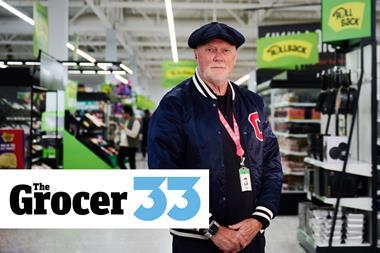
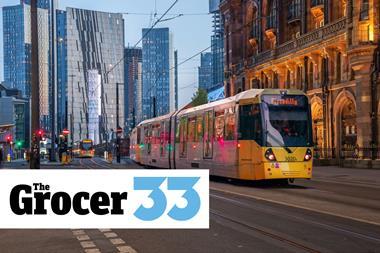
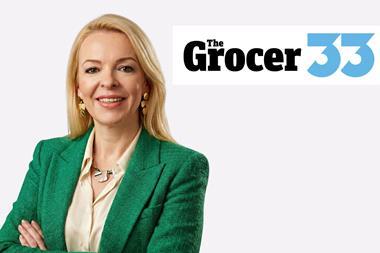
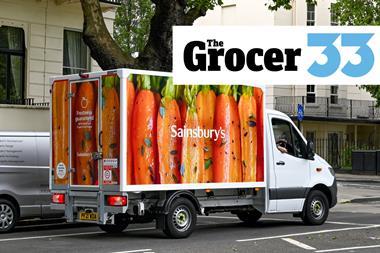
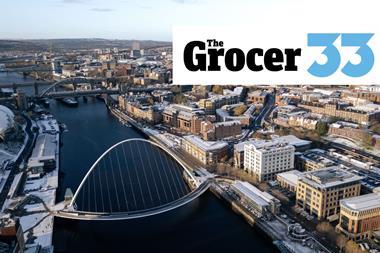
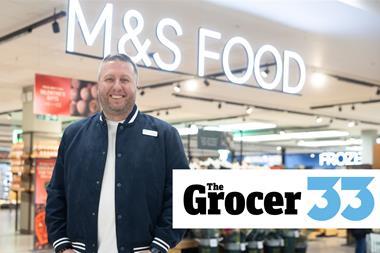
No comments yet